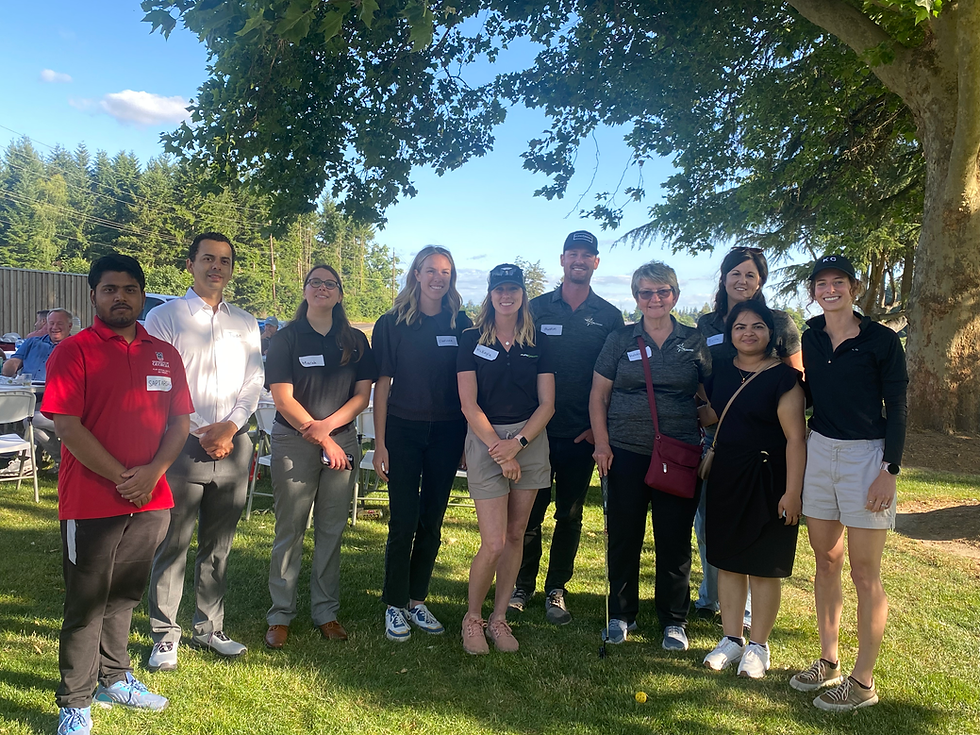Computer Vision for Volunteer Cotton Detection in a Corn Field with UAS Remote Sensing Imagery and Spot Spray Applications
- Author

- Jul 14, 2022
- 2 min read
Pappu Kumar Yadav, J. Alex Thomasson, Stephen W. Searcy, Robert G. Hardin, Ulisses Braga-Neto, Sorin C. Popescu, Daniel E. Martin, Roberto Rodriguez, Karem Meza, Juan Enciso, Jorge Solorzano Diaz, & Tianyi Wang

To control boll weevil (Anthonomus grandis L.) pest re-infestation in cotton fields, the current practices of volunteer cotton (VC) (Gossypium hirsutum L.) plant detection in fields of rotation crops like corn (Zea mays L.) and sorghum (Sorghum bicolor L.) involve manual field scouting at the edges of fields. This leads to many VC plants growing in the middle of fields remain undetected that continue to grow side by side along with corn and sorghum. When they reach pinhead squaring stage (5-6 leaves), they can serve as hosts for the boll weevil pests. Therefore, it is required to detect, locate and then precisely spot-spray them with chemicals. In this paper, we present the application of YOLOv5m on radiometrically and gamma-corrected low resolution (1.2 Megapixel) multispectral imagery for detecting and locating VC plants growing in the middle of tasseling (VT) growth stage of cornfield. Our results show that VC plants can be detected with a mean average precision (mAP) of 79% and classification accuracy of 78% on images of size 1207 x 923 pixels at an average inference speed of nearly 47 frames per second (FPS) on NVIDIA Tesla P100 GPU-16GB and 0.4 FPS on NVIDIA Jetson TX2 GPU. We also demonstrate the application of a customized unmanned aircraft systems (UAS) for spot-spray applications based on the developed computer vision (CV) algorithm and how it can be used for near real-time detection and mitigation of VC plants growing in corn fields for efficient management of the boll weevil pests.
Read More: https://arxiv.org/abs/2207.07334








Comments